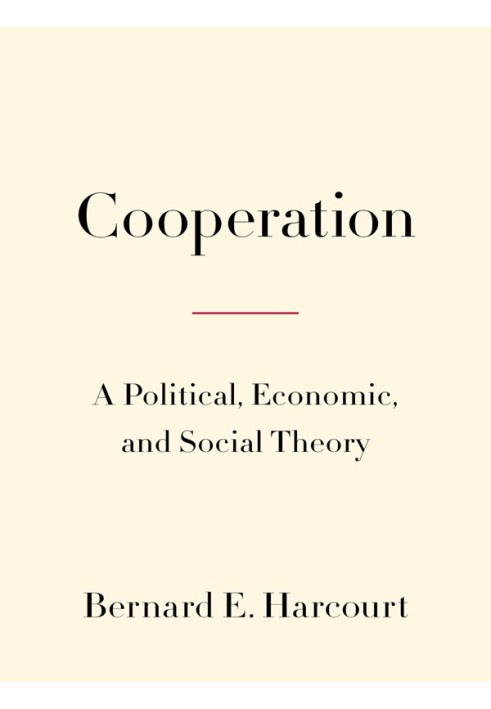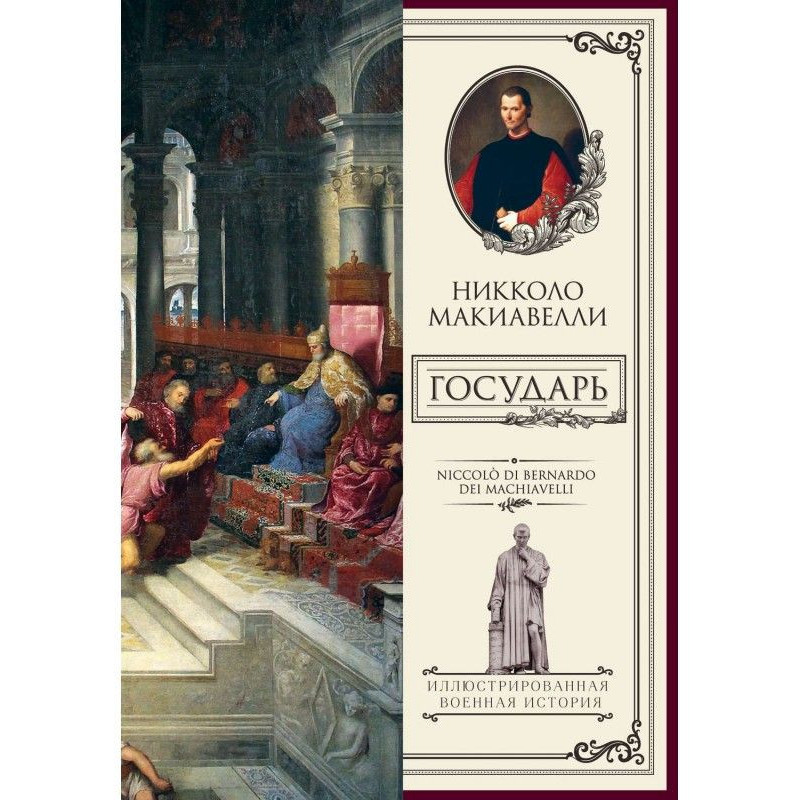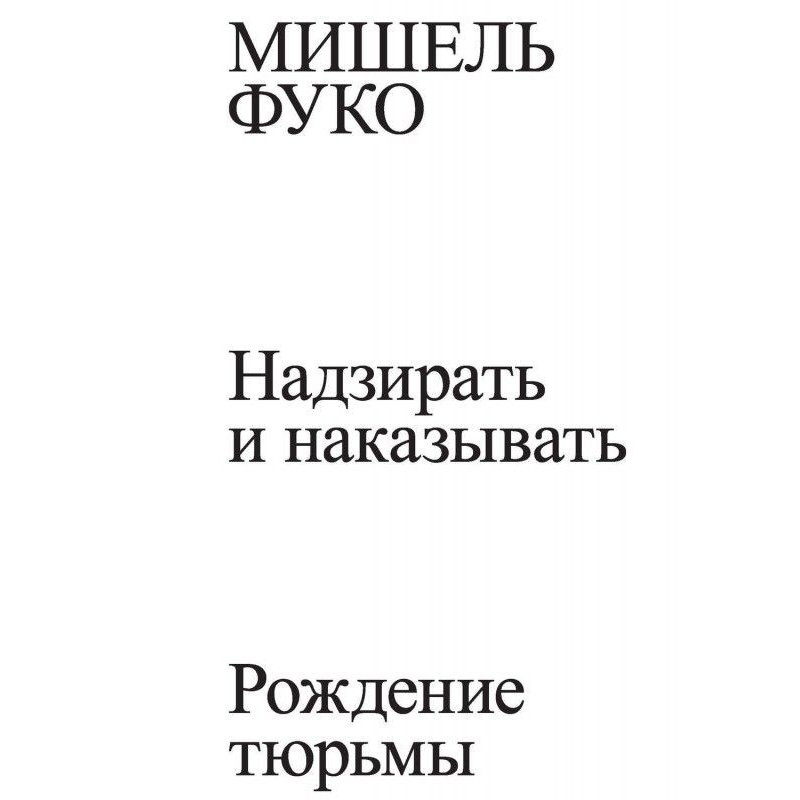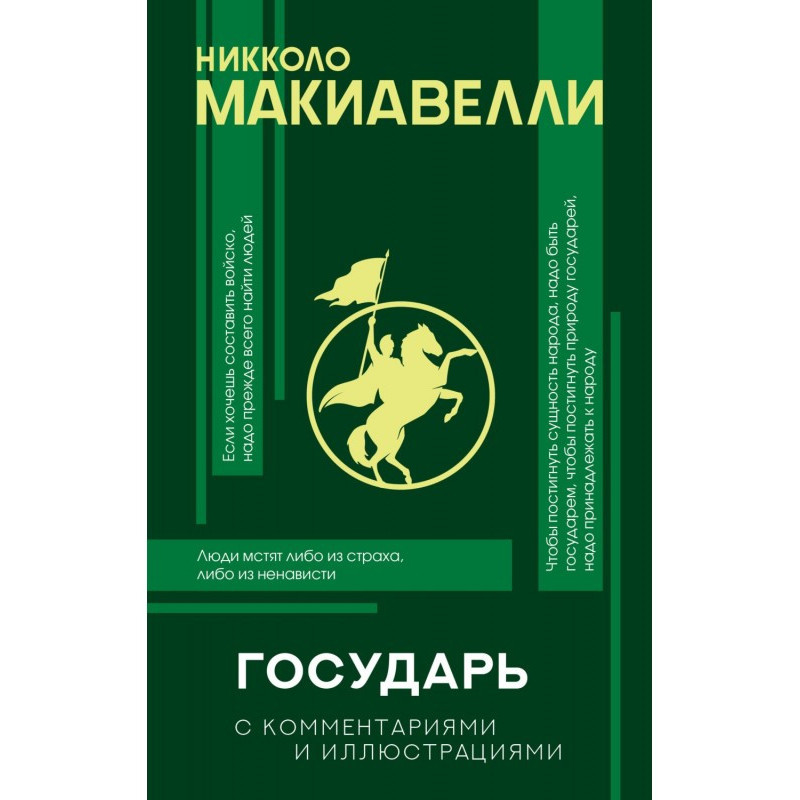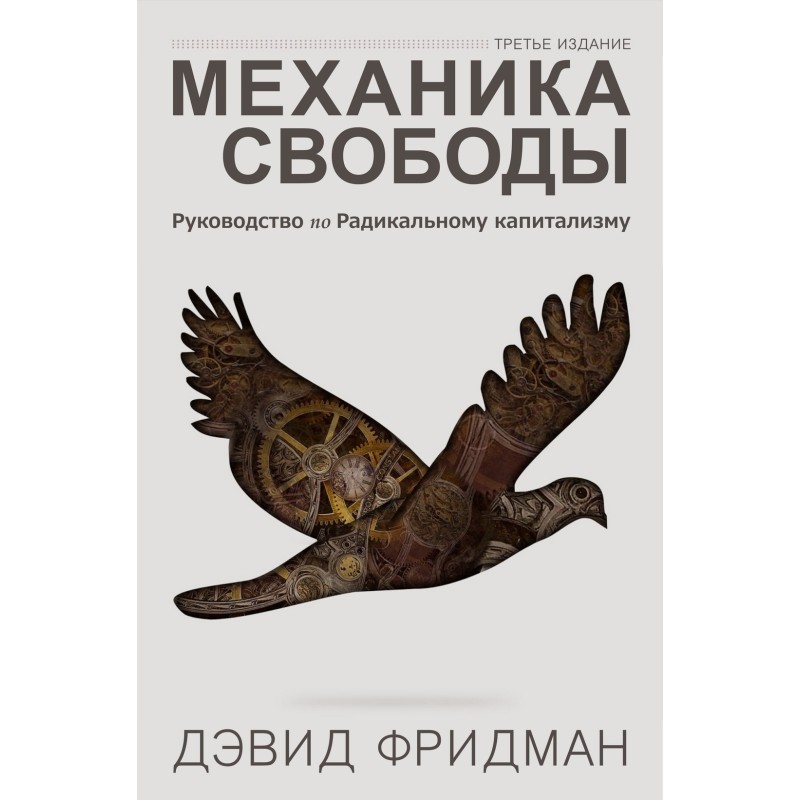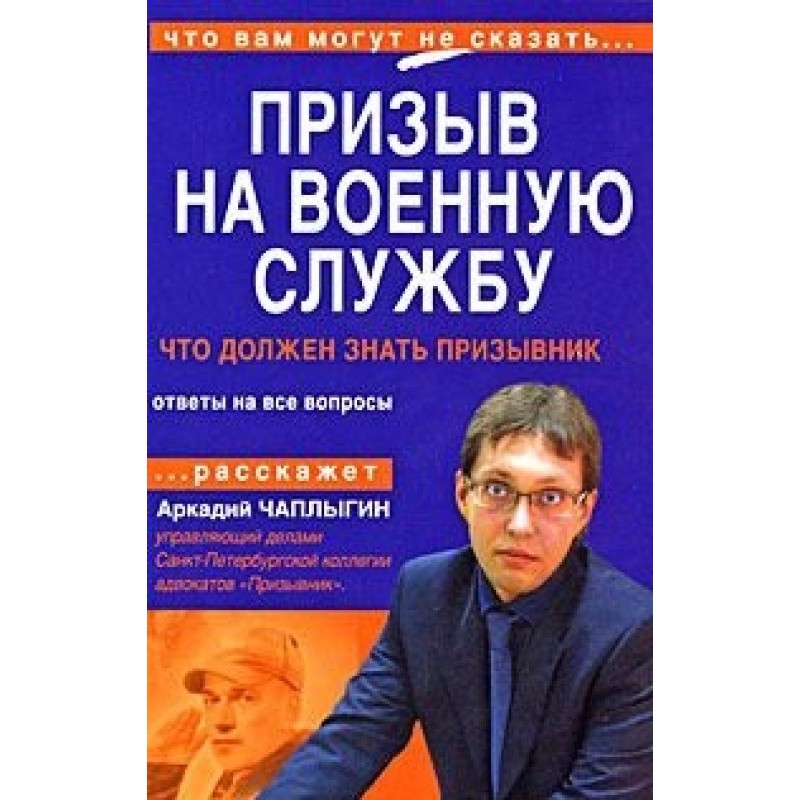Cooperation. Political, economic and social theory
 Instant download
Instant download
after payment (24/7)
 Wide range of formats
Wide range of formats
(for all gadgets)
 Full book
Full book
(including for Apple and Android)
Liberal democracy is in crisis around the world, unable to solve pressing problems such as climate change. However, there is another way - cooperative democracy.
From consumer cooperatives to credit unions, from worker cooperatives to insurance companies, from non-profit organizations to mutual aid, countless examples prove that people working together can spread the ideals of democracy participation and sustainability in all aspects of your life. These forms of cooperation are independent of electoral politics. Instead, they draw on the long-standing traditions and values of cooperatives: self-determination, democratic participation, equality, solidarity and environmental stewardship.
Bernard E. Harcourt develops transformational theory and practice that draws on global models of successful cooperation. He identifies the most promising forms of cooperative initiatives, and then generalizes their experience into a single system: Cooperism. It is a political theory based on the recognition of our interdependence. It is an economic theory that can ensure equitable distribution of wealth. Finally, it is a social theory that replaces the punitive paradigm with a cooperative paradigm.
Bernard E. Harcourt is the Isidore and Seville Sulzbacher Professor of Law and Professor of Political Science at Columbia University, as well as Professor and Head of the École des Hautes Etudes Sociales in Paris. Editor of Michel Foucault's works in French and English. He is a trial lawyer who advocates for social justice for prisoners on death row.
Data sheet
- Name of the Author
- Бернард Харкорт
- Language
- Russian
- Translator
- Книжный импорт Т/К

